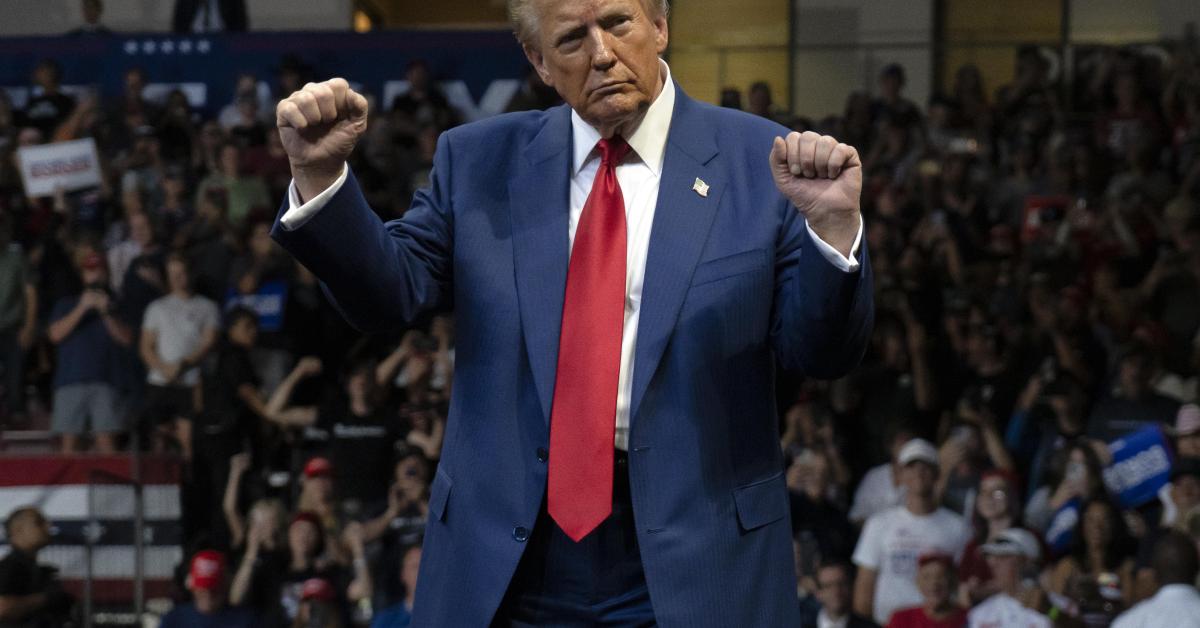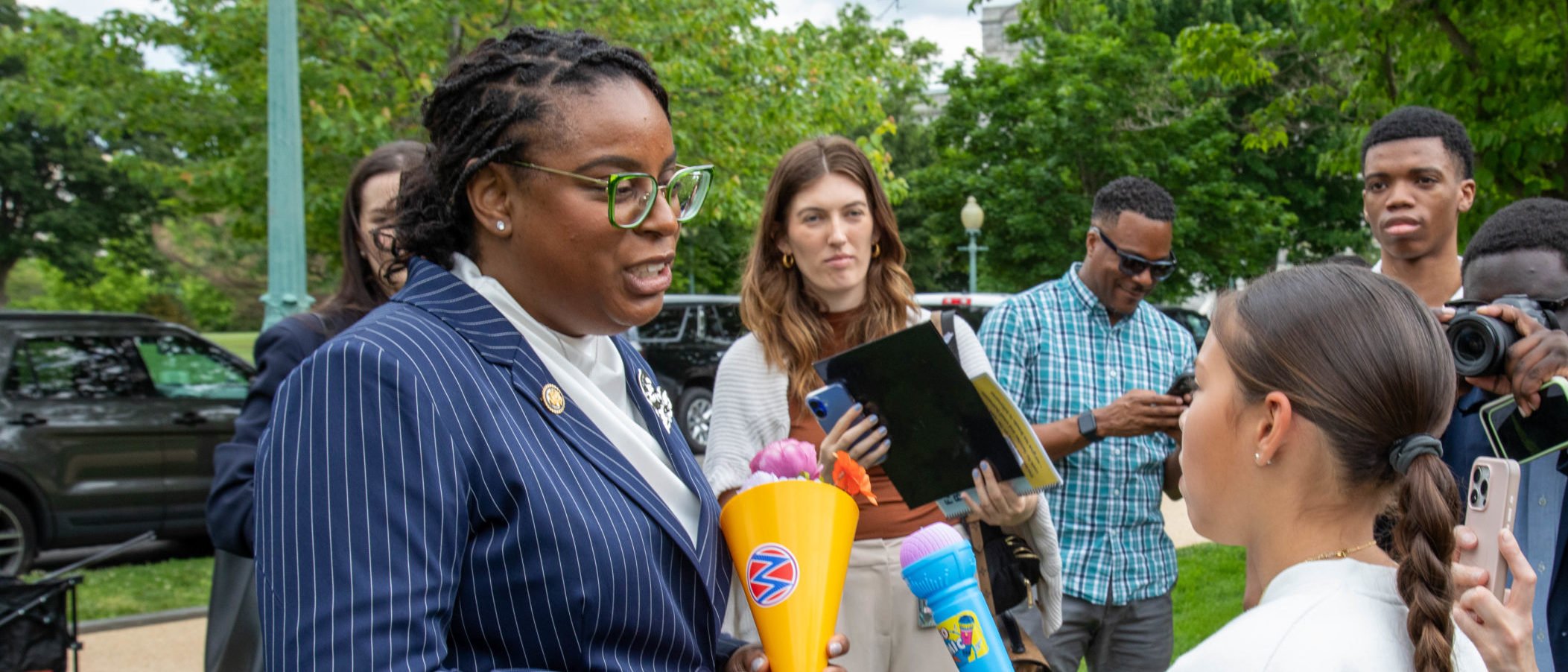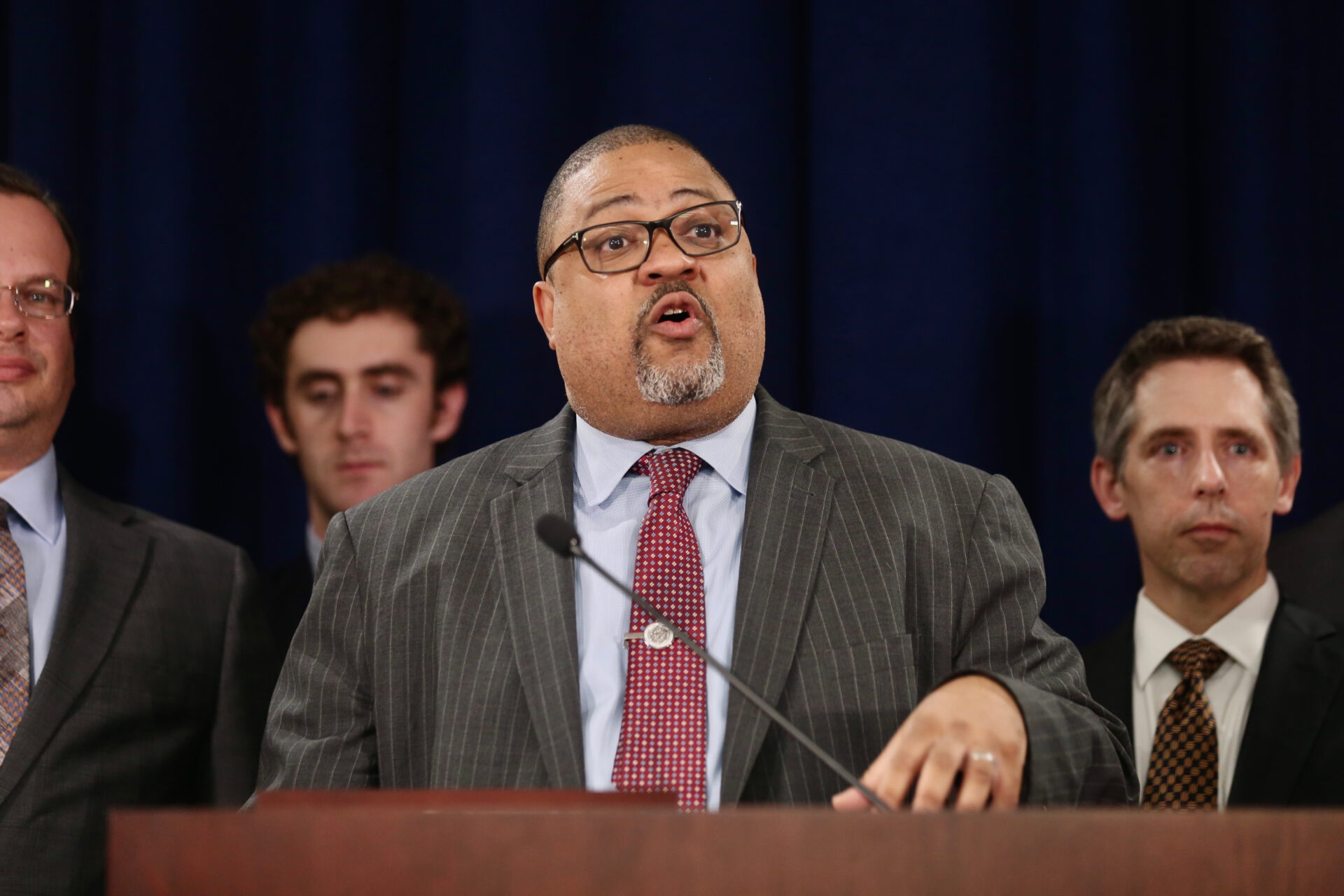The White House is turning to a familiar tech giant for help, asking Tesla CEO Elon Musk to dive into the so-called SignalGate scandal. This scandal kicked off when a journalist was accidentally added to a national security chat on the encrypted messaging app Signal. The chat included big names like Defense Secretary Pete Hegseth and National Security Adviser Michael Waltz, sparking quite the uproar.
The Atlantic’s editor-in-chief, Jeffrey Goldberg, was the journalist who found himself added to the chat chain. This chain was buzzing with discussions about the Defense Department’s plans concerning the Houthis. It’s not every day that a civilian stumbles upon such high-level conversations, and understandably, it raised a lot of eyebrows.
Trending: Democrats in Turmoil: NY Times Calls Out Party’s Leftward Shift
Karoline Leavitt, the White House press secretary, confirmed Musk’s involvement in the investigation. Musk’s team at the Department of Government Efficiency is stepping in to figure out how this mix-up happened. Leavitt emphasized Musk’s commitment, saying he’s ready to deploy his technical experts to prevent such an incident from ever happening again.
The investigation is also getting support from the White House Counsel’s office and the National Security Council. President Donald Trump chimed in, pointing fingers at a staffer from Michael Waltz’s team for the blunder. Interestingly, Waltz himself has denied ever having any interaction with Goldberg.
Despite the denial, the invitation to the chat allegedly came from Waltz’s account. In a move that might surprise some, Waltz has accepted “full responsibility” for the incident. This acceptance, however, does little to clear the air about how the slip-up occurred in the first place.
Conservative news outlets like Fox News and Newsmax have been covering this story closely. They highlight the significance of maintaining secure communications among national security officials. The breach underscores the challenges of managing technology in high-stakes government environments.
The involvement of Elon Musk adds an intriguing twist to the narrative. Known for his influence in the tech world, Musk’s role in the investigation brings a level of expertise that the administration hopes will resolve the issue swiftly. With his reputation on the line, Musk has every incentive to get to the bottom of this.
This incident shines a light on the importance of secure communication channels in government affairs. As the probe unfolds, questions about the systems in place and their vulnerabilities are likely to surface. Ensuring that such breaches don’t recur is now a top priority.
SignalGate has certainly captured the attention of the public and policymakers alike. It’s a reminder of the delicate balance between technology and security in the digital age. The resolution of this investigation could set a precedent for how similar situations are handled in the future.
The stakes are high, and the pressure is on for those involved to deliver answers. With national security hanging in the balance, every move will be scrutinized. The outcome of this investigation could have long-lasting implications.
As more details emerge, the focus will remain on accountability and preventative measures. The collaboration between tech leaders and government officials is crucial in addressing this breach. It’s a partnership aimed at safeguarding sensitive information.
While the investigation continues, the dialogue around secure communication is likely to intensify. Lessons learned from SignalGate could drive improvements in how confidential information is protected. This could be a pivotal moment for national security protocols.
For now, all eyes are on Elon Musk and his team as they work to unravel the mystery. It’s a challenge that blends technology, security, and leadership. The world is watching to see how this high-profile case will unfold.
As the investigation progresses, the importance of trust and security in government communications is underscored. This situation serves as a crucial lesson in the complexities of modern-day governance. The resolution will likely influence future policies and practices.



